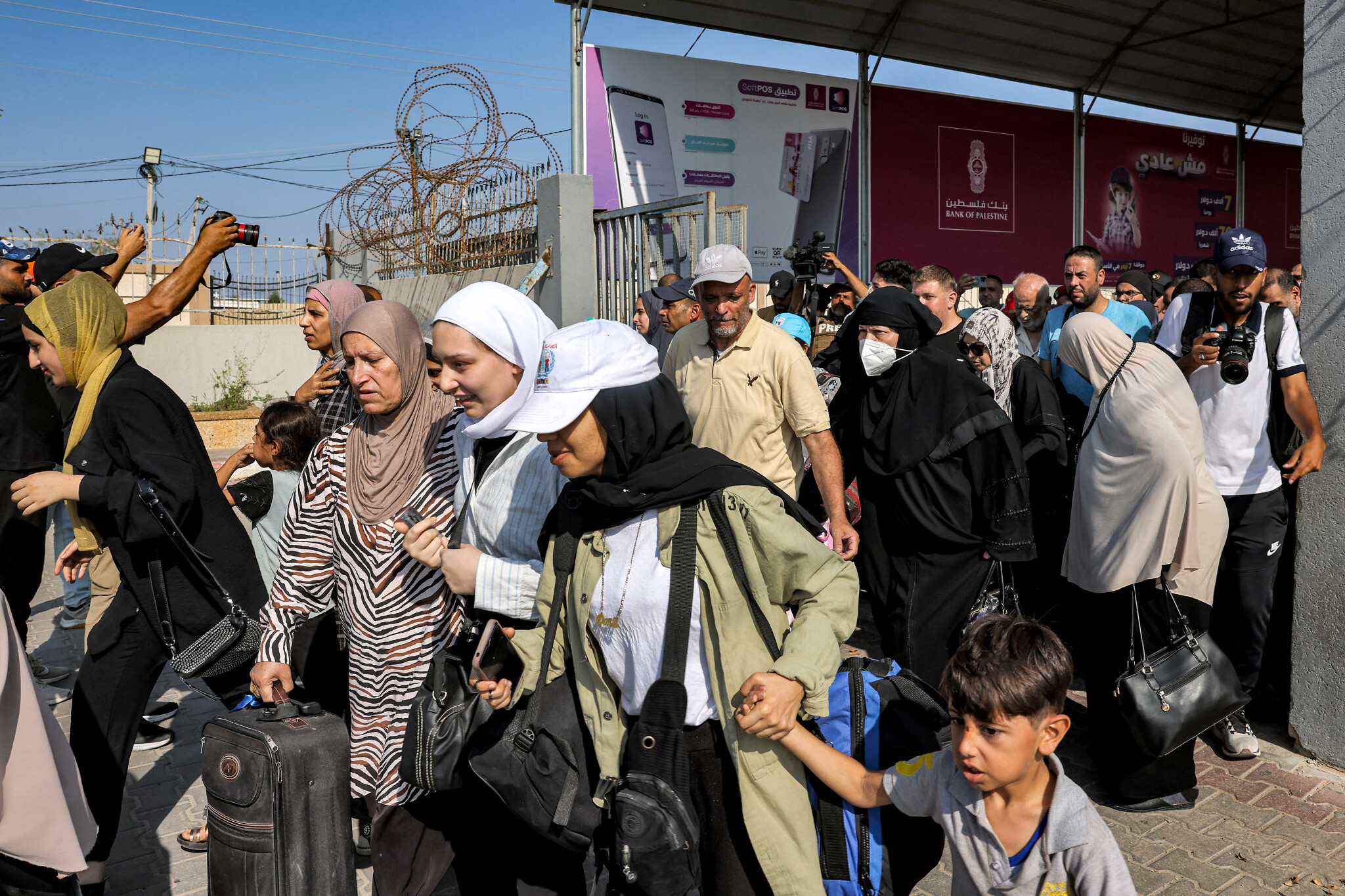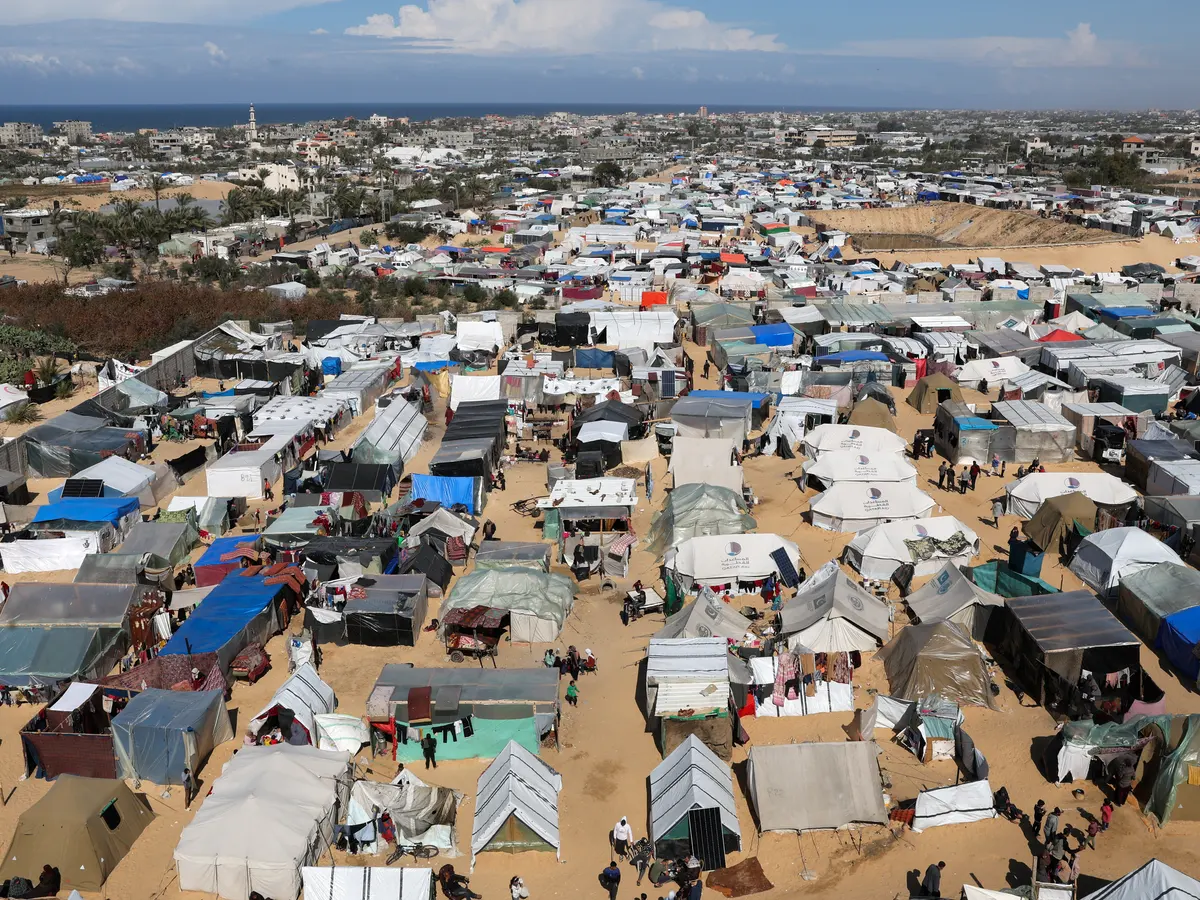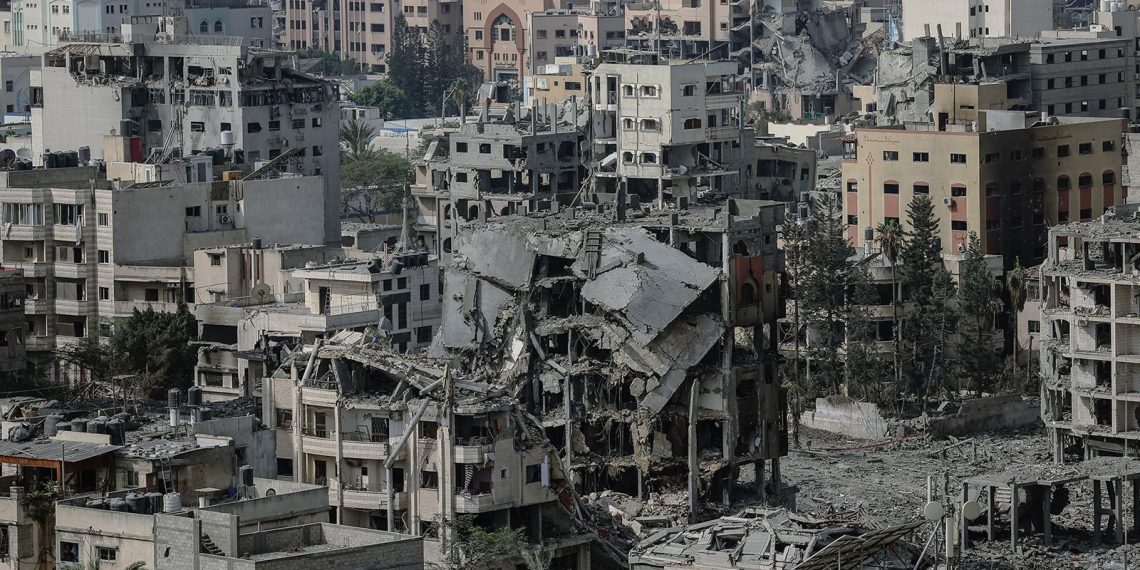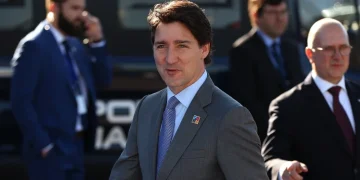Egypt’s Foreign Minister emphasized the necessity for the United States to communicate the potential consequences to Israel of a military incursion into the Gaza border city of Rafah.
Prime Minister Benjamin Netanyahu reaffirmed Israel’s intent to enter Rafah, the remaining relatively secure area in Gaza, despite international pressure to avoid civilian casualties.
Israel’s allies urged Netanyahu to refrain from attacking Rafah without a clear plan to safeguard civilians, given that over a million displaced people from other parts of Gaza have sought refuge there during the five-month conflict.

Foreign Minister Sameh Shoukry, speaking alongside UNRWA chief Philippe Lazzarini in Cairo, stressed the need for concrete action beyond mere opposition rhetoric. He called on the international community, particularly the United States, to specify the consequences if Israel disregards their appeals.
Shoukry cautioned against the humanitarian and loss-of-life implications of an Israeli ground assault on Rafah, describing them as “catastrophic.” Egypt, which controls the Rafah crossing, has previously warned of dire consequences if Israel launches a military operation near its border.
The Rafah crossing serves as a crucial entry point for humanitarian aid into Gaza and facilitates the exit of injured individuals and foreign passport holders.

As tensions escalate, the situation underscores the delicate balance between Israel’s military objectives and the humanitarian crisis in Gaza. The international community, including Egypt and the United States, faces the challenge of preventing further civilian suffering while addressing Israel’s security concerns.
Despite diplomatic efforts to avert a crisis, the fate of Rafah hangs in the balance, with potential ramifications for regional stability and the ongoing conflict between Israel and Palestine.





